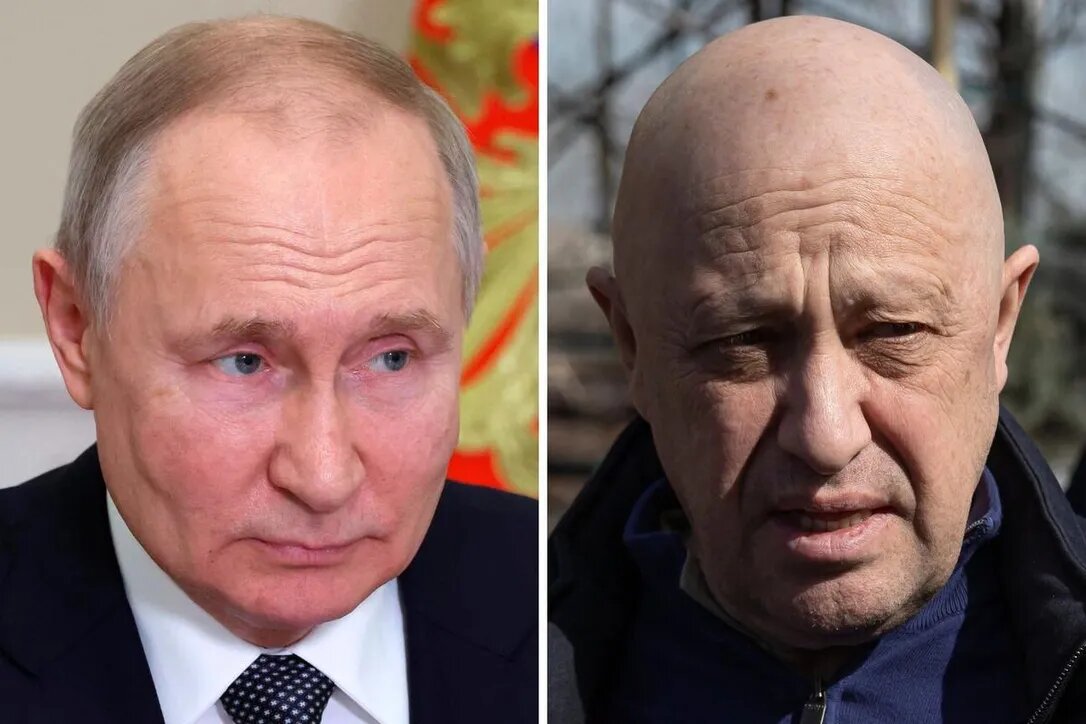A few days after Wagner’s rebellion, led by Yevgeny Prigozhin, shook Moscow, Russian President Vladimir Putin met with Prigozhin and his leaders in the Kremlin to talk about the armed mutiny, Putin’s spokesman told Reuters on Monday. Prigozhin led an armed revolt against Russia’s top military leaders and marched toward Moscow. This was a shocking move that put Putin’s authority and power into question.
Dmitry Peskov, a spokesman for the Kremlin, told Reuters that the meeting took place on June 29, five days after the failed mutiny. Many people think that the failed mutiny was Putin’s biggest task since he took power on December 31, 1999.
Peskov told reporters that Putin had called 35 people to the meeting, including the commanders of the Prigozhin and Wagner units, and that the meeting had lasted three hours.
Reuters says that the French newspaper Liberation was the first to report the meeting. It said that Prigozhin had met with Putin, the head of the National Guard, Viktor Zolotov, and the head of SVR Foreign Intelligence, Sergei Naryshkin.
“The only thing we can say is that the president gave his opinion on what Wagner did at the front during the Special Military Operation (in Ukraine) and what happened on June 24 (the day of the mutiny),” Peskov told reporters, as reported by Reuters.
He said that Putin listened to the commanders’ own explanations of what had happened and gave them more choices for employment and fighting.
“The leaders told what happened (on June 24) in their own words. They made it clear that they are loyal fans and soldiers of the leader of the country and the top commander-in-chief. They also said that they are ready to keep fighting for the Motherland,” Reuters quoted Peskov as saying.
Wagner soldiers took over the southern city of Rostov-on-Don and a military headquarters building during the short mutiny. Later, Belarusian leader Alexander Lukashenko worked out a deal to end the mutiny.
Putin called these rebels “traitors” and said he would “punish” them. He thanked his army and security services for stopping chaos and civil war. But Prigozhin said that the mutiny wasn’t meant to get rid of the government. Instead, he said, it was meant to “bring to justice” the army and defense chiefs for what he called their mistakes and lack of professionalism in Ukraine.
Prigozhin’s main demand was to get rid of Sergei Shoigu as Defense Minister and Valery Gerasimov as Chief of the General Staff.
Under the deal that stopped the mutiny, Prigozhin was supposed to go to Belarus. Lukashenko, on the other hand, said last week that Prigozhin was back in Russia and that Wagner troops had not yet moved to Belarus, even though they had been given the chance to do so.
